2020 certainly was a year for reading.
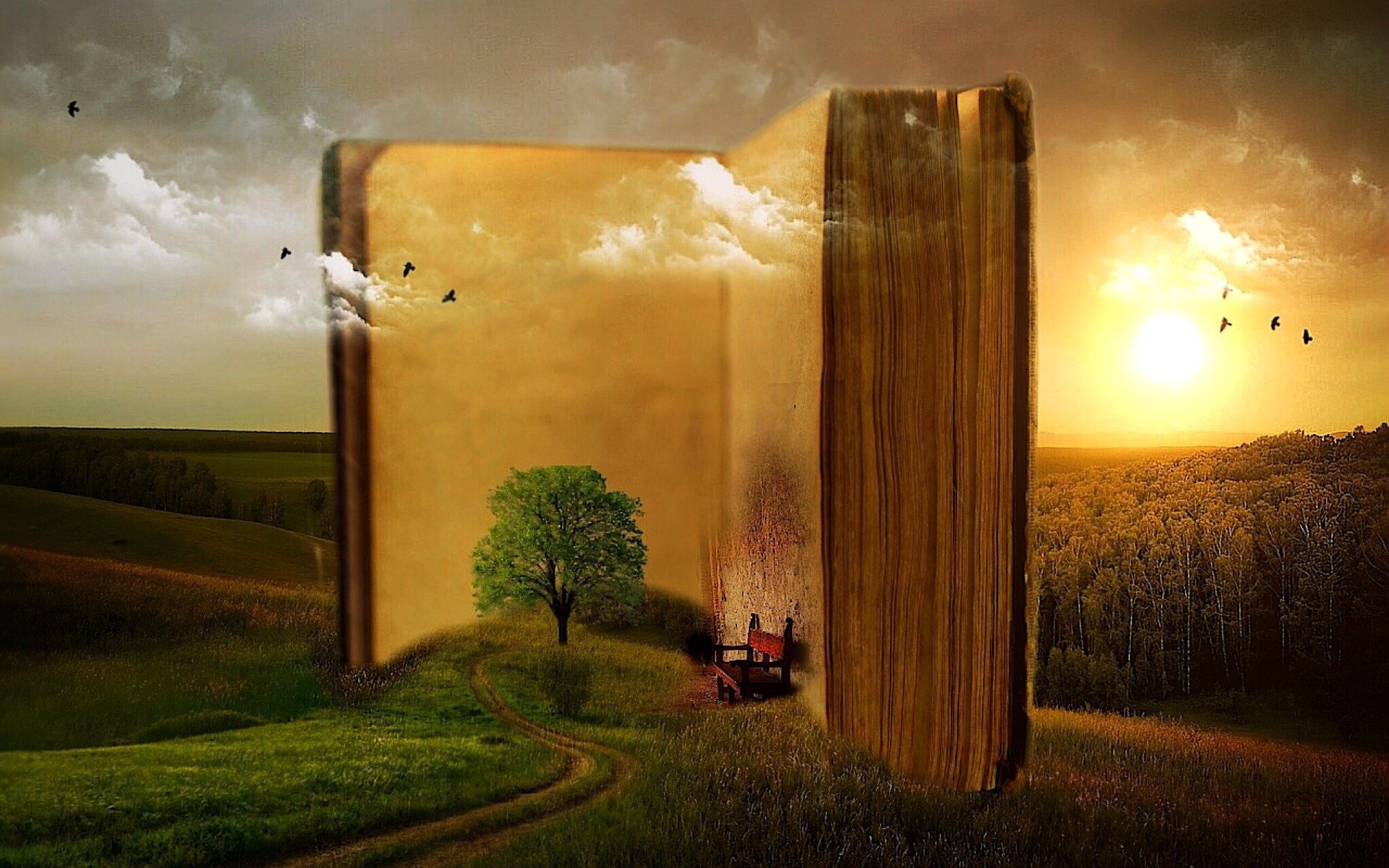
I usually read about 24 books per year. During 2020, I went through a total of 56. Though this could be attributed to the fact that we all spent much more time indoors this year than usual, there was an even more pertinent reason in my case: I re-entered the world of audiobooks. By the end of January, two months before the lockdown even started, I had already finished 6 books.
Yes, listening to books as recordings does have its cons, as my reading friends often complain: Sometimes the voice of the reader is irritating or unfeeling. Sometimes you zone out and have to rewind. You can't mark the parts you like most with a pencil in the margin to return and reread them later.
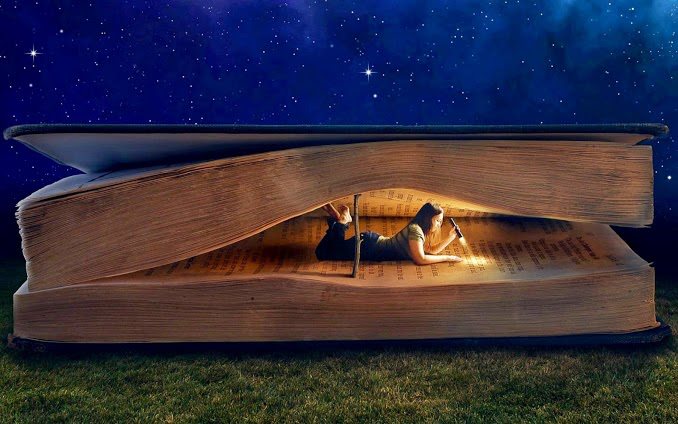
But I actually love listening to stories. When I was a kid, my family didn't have a TV, so a lot of our entertainment was audio dramas, whether on tape or on the radio. I still remember sitting by the tapedeck with a pair of huge earphones on my little head, listening to Tom Sawyer or Oliver & Company, or the way my sisters and I used to run inside at 4:15 so as not to miss the latest installment of The Sugar Creek Gang on Christian radio. Even when I was older, I listened to Classics on Tape while I did the dishes, and the whole family used join for supper at 6:00 on Saturday evenings so we could tune into Unshakled. My mom used to read to us all in the evenings too.
One reason I love audiobooks now is that I can work on my art at the same time as "reading" a book, and often I still feel the whispers of particular stories in my completed projects. There are so many free audiobooks online, especially the classics, whether on Librivox or YouTube or the grand slew of books that Audible offered for free listening because of the pandemic.
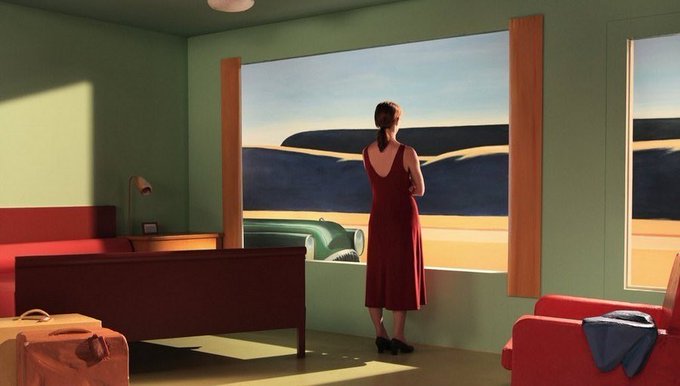
So, well here we are, we survived, and I'm a lot richer in story journeys than I was 12 months ago. I'd like to share with you the very best of the books I experienced. Some truly great books, like The Iliad and works by C. S. Lewis and Elizabeth Barrett Browning, are not on this list. That's because I'm sharing the ones I thought about the most later, which to me is the true test of meaningfulness. Maybe you'll like to give them a read too...
Madam, Will You Talk? by Mary Stewart
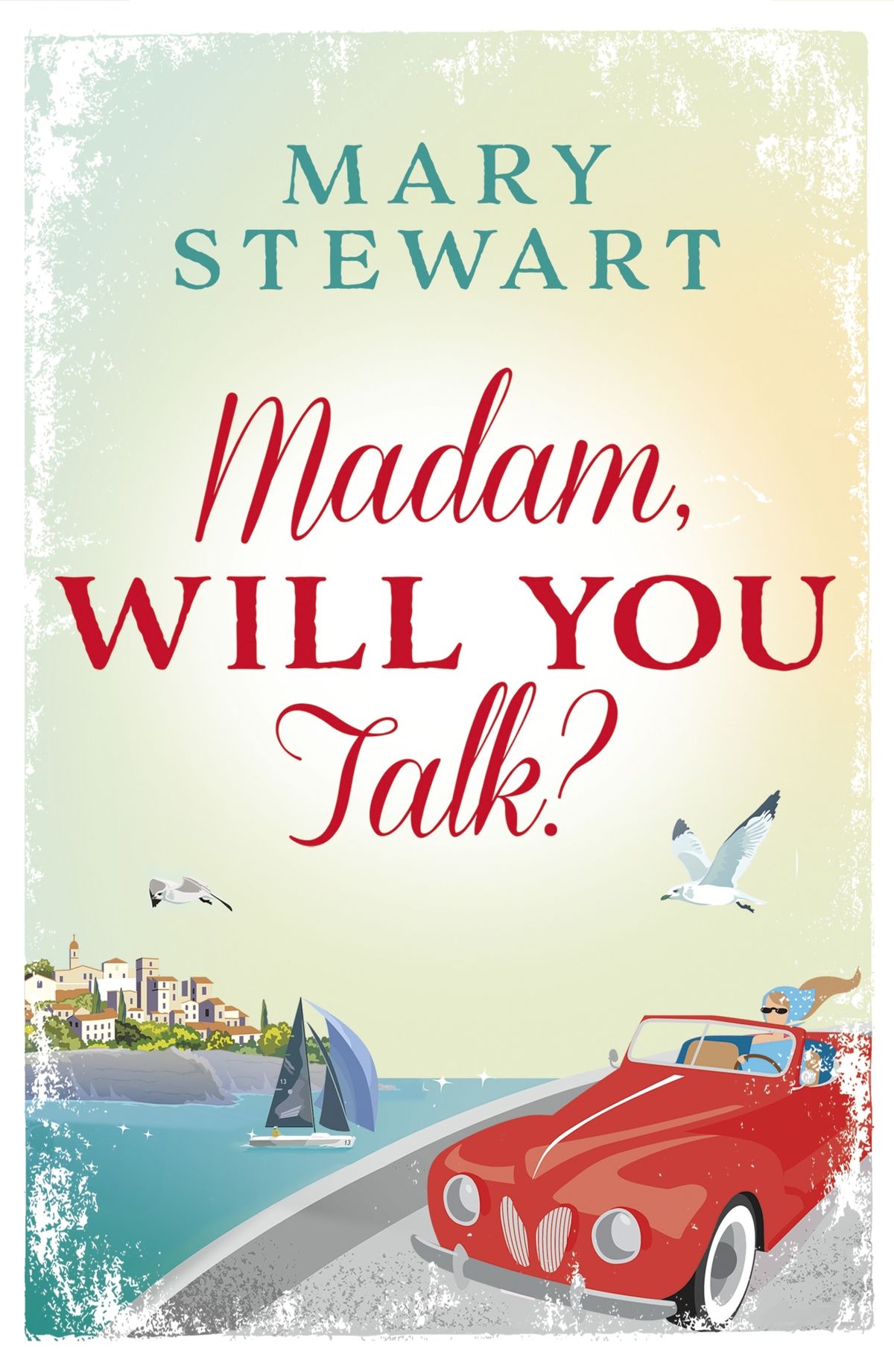
I first became acquainted with Mary Stewart's work through her Merlin trilogy, which I loved. But before she began writing Arthurian historical fiction, she wrote a lot of hotel novels, that is, stories about women going on holiday to picturesque locations and discovering unexpected romance and adventure as they interact with the other guests at their hotel, the native inhabitants of the destination, and the unique landscape. Madam, Will You Talk? was her very first novel, and I was surprised at just how good it was. Much of the story consists of tearing across the French countryside in car chases as Charity seeks to shield a child whose life she suspects is in danger.
Anne of Green Gables, by Lucy Maud Montgomery

This was one my mom read to us when we were young, and I grew up watching and loving the Megan Follows movies. When I saw it was on Audible with Rachel McAdams reading, I decided to go back to the story once again, and I'm so glad I did! I don't think I need to go into why Anne has been loved as a character for more than 100 years, but what touched me most was her journey and growth from the beginning of the novel to its end. How much of a difference can simple love and care make in changing a life!
Brave New World, by Aldous Huxley
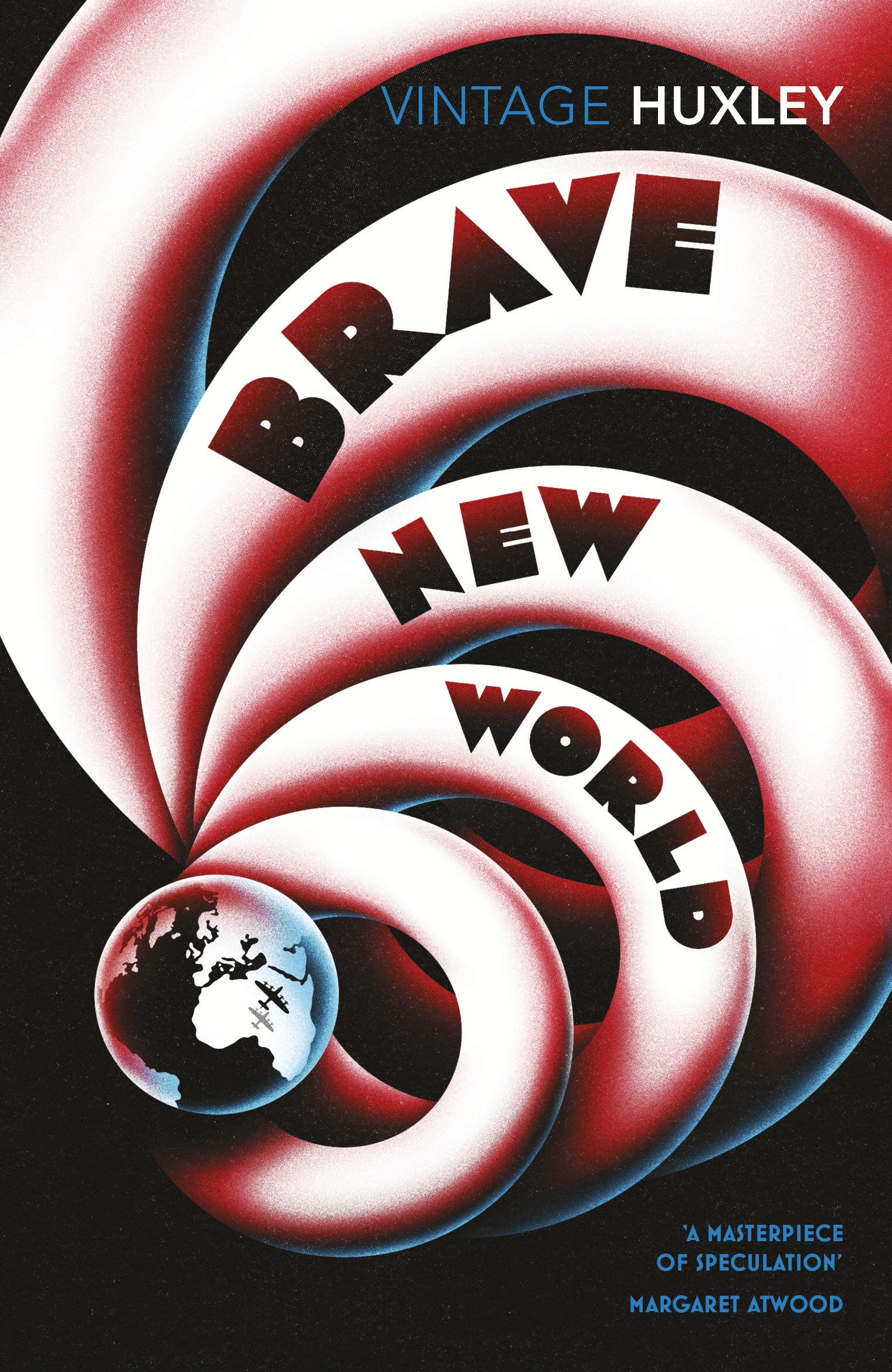
It's always interesting to read old dystopian novels and see how those who calculated the future were in some ways so wrong and in some ways so right. Brave New World imagines a society in which the family has been completely replaced by industry, and humans are manufactured and raised in factories. When a character from a "primitive" (traditional) upbringing enters and tries to make sense of it and reconcile it with his own values, the consequences can only be disastrous.
Atlas Shrugged, by Ayn Rand
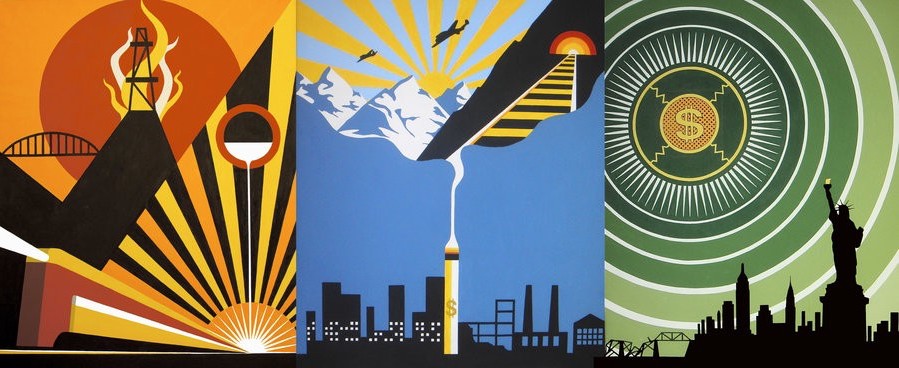
After I started listening to the audiobook, I realized that it was 63 hours long! It even beat War and Peace to be the longest book I read this year. Was it worth it? Totally. Ayn Rand, an emigrant from the Soviet Union, lays out her defense of capitalism by showing what would happen if the titans of industry were to simply go on strike and withdraw from a society that constantly demonizes and penalizes them for their success. In a time when many are looking to socialism as the answer, it's good to listen to those who lived through its horrors and chose to leave, and remember that socialism has been a disaster for the entire 100 years of its implementation. I also drew personal lessons from the exploration of the idea, "sanction of the victim."
My Ántonia, by Willa Cather
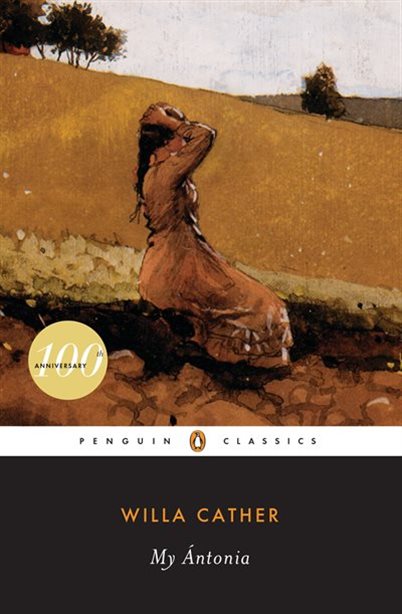
Seen through the eyes of young Jim Burden, who lives with his grandparents on the American frontier, this beautiful story of friendship and grief and youth and growing up left such deep impressions on my mind. As was so often the case in the old West, nearest neighbors became closest friends, and a family of Bohemian immigrants, the Shimerdas, particularly the eldest daughter Ántonia, are the characters that fill Jim's remembrance with the bright pictures that fill these pages. Life, so often, doesn't turn out the way we think it will, and though it can be disappointing it can still be beautiful.
Ethan Frome, by Edith Wharton
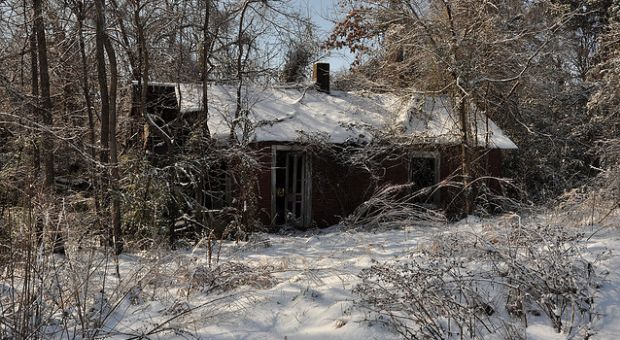
This sad winter tale may be hated by each generation of American high schoolers required to read it, but it still gets assigned, and I think that's because there's something special about it, something intangible that leaves a deep cut that won't go away, that brings your mind back to the little cabin of disappointment, love, despair, and acceptance of a never-dying grief.
20,000 Leagues Under the Sea, by Jules Verne
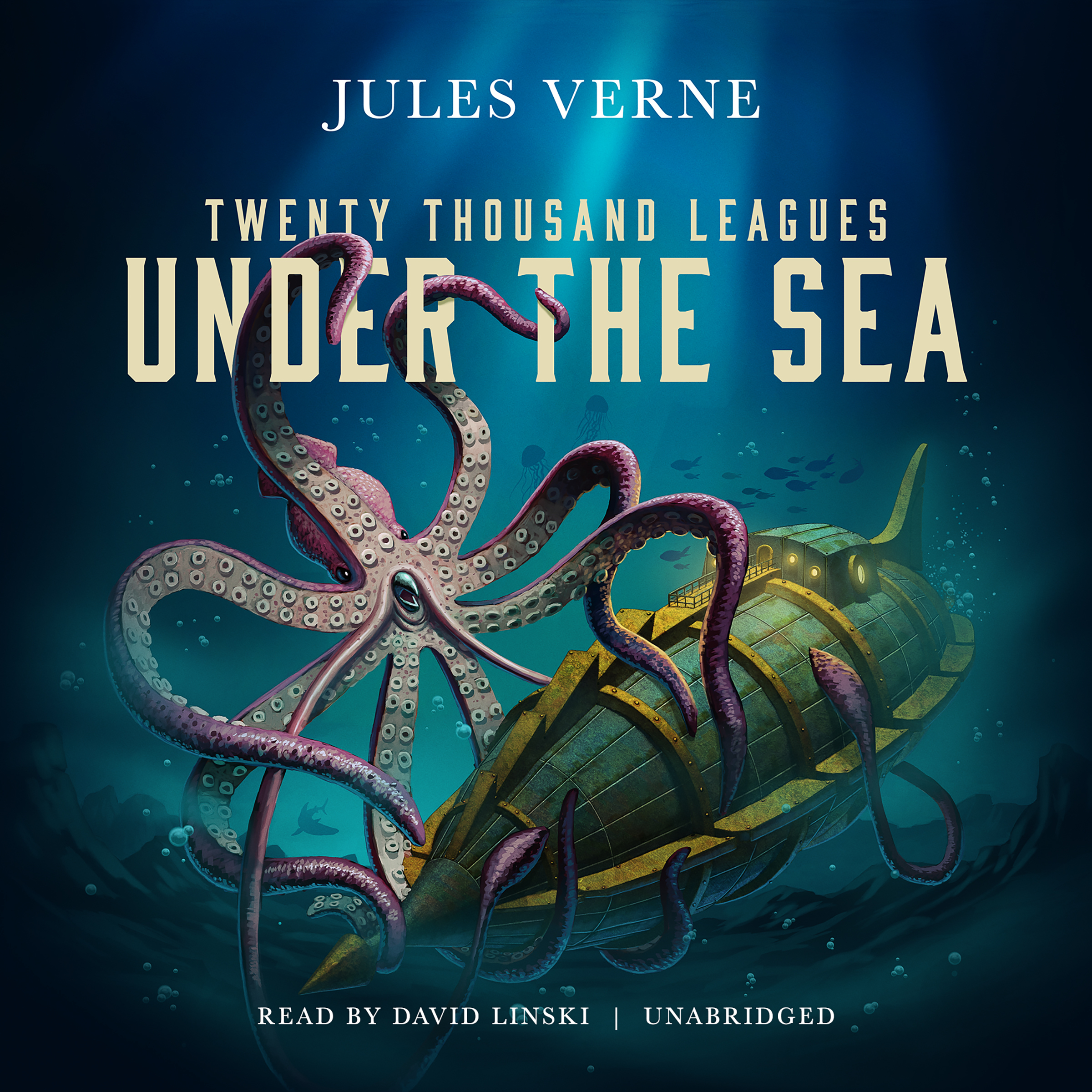
What a rollicking adventure! I went back and watched the movie too. I think this story has endured so long not only because of the bright imaginations and descriptions of Verne's genius mind, but also because of the deep emotions and interesting relationships between all the characters as they interact during their submarine voyage. Captain Nemo, Professor Arronax, Conseil, and Ned Land make the story what it is as much as the Nautilus and all the mysterious creatures of the deep.
The Benefactress, by Elizabeth von Arnim
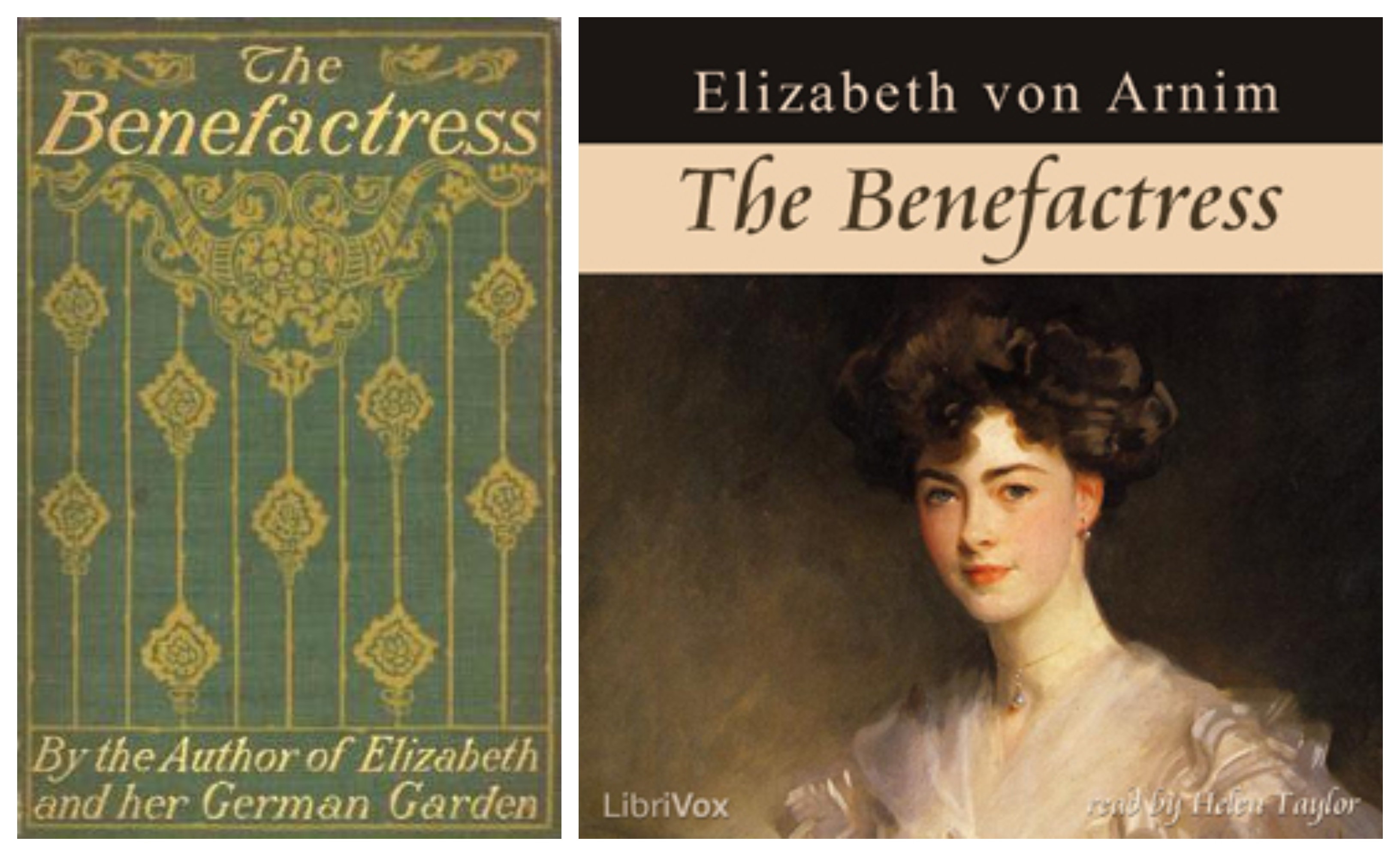
Of the three Elizabeth von Arnim books I read this year--the others being The Enchanted April (a wonderful story and movie) and Vera (which is much more serious and mirrors von Arnim's own experience of being married to a man with narcissistic personality disorder)--and the two that I quit reading because they were boring, this one was my favorite. I remember wondering briefly why so many old stories engage the plot of a young woman who inherits a piece of property and makes it her own, and then I realized it was because it must have been the dream of so many single women who were unable to escape their dependence on begrudging relatives because it was socially unacceptable for them to work. This story recounts Anna Estcourt's clumsy first attempts at sharing her unexpected inheritance with others.
La Regenta, by Leopoldo García-Alas y Ureña "Clarín"
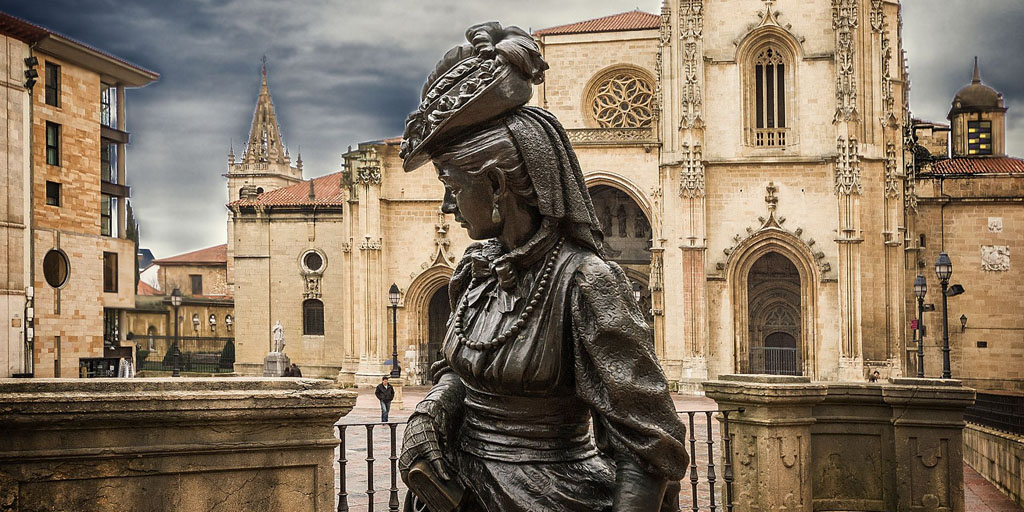
Of all the books in this list, this is the only one I actually read from a physical book, and it took me more than a year, because I read it in Spanish. La Regenta is an iconic story of Asturias, the region of Spain where I live. Above you can see the statue of the title character with the Cathedral of Oviedo in the background. The story recounts a passionate young woman's vacillation between religious fervor and carnal desire, and how the hypocritical society in which she lives gradually shapes her character and her destiny. Though this is another hated high school lit book of the locals here, I loved it. Not only were the characters and scenes so vivid and real, but the author had a way of ending chapters at a cliffhanger, then starting the next one after a jump forward in time, so you had to guess what happened in between until he went back and recounted it. It felt like a rhythmic tide going in and out.
The Yellow Wallpaper and Other Stories, by Charlotte Perkins Gilman
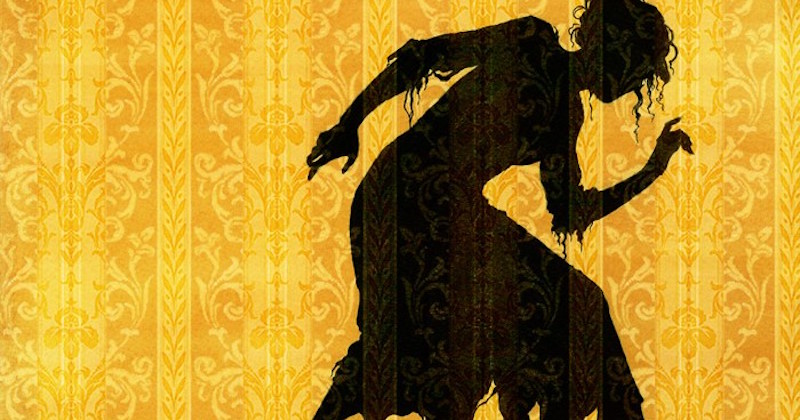
Described as "Feminist literature or Lovecratian horror?" this collection of short stories is... well pretty much a mix of those two things! The title story deals with a woman who is gradually driven crazy as she tries to discover the "meaning" in the patterns of the wallpaper of the room where she is isolated. Each of the stories was worthwhile and interesting. I appreciated the more classic 19th century feminism, which valued womanhood and motherhood, as well as strong and confident manhood that would honor women as people and artists and professionals, instead of looking on them only as useful possessions. Again it was interesting to see how the author's idealistic imaginations have come to pass, some for better and some for worse.
~ ~ ~ ~ ~ ~ ~ ~ ~ ~ ~ ~ ~ ~ ~ ~ ~ ~ ~ ~ ~ ~ ~ ~ ~ ~ ~ ~ ~ ~ ~ ~ ~ ~ ~ ~ ~ ~ ~ ~ ~ ~ ~ ~ ~
So that's my top 10 books from 2020! Looking forward to much more reading this year. :)
What about you? Have you read any of these? What were your top books last year?
Congratulations @stephie.spicer! You have completed the following achievement on the Hive blockchain and have been rewarded with new badge(s) :
You can view your badges on your board and compare yourself to others in the Ranking
If you no longer want to receive notifications, reply to this comment with the word
STOP